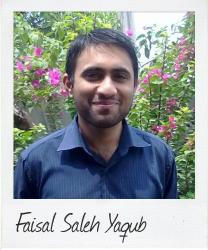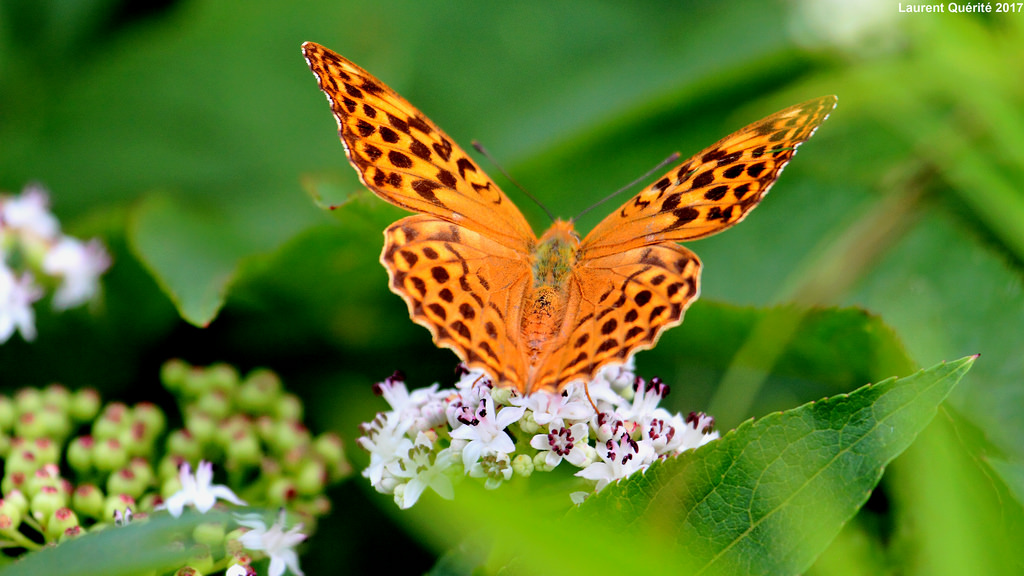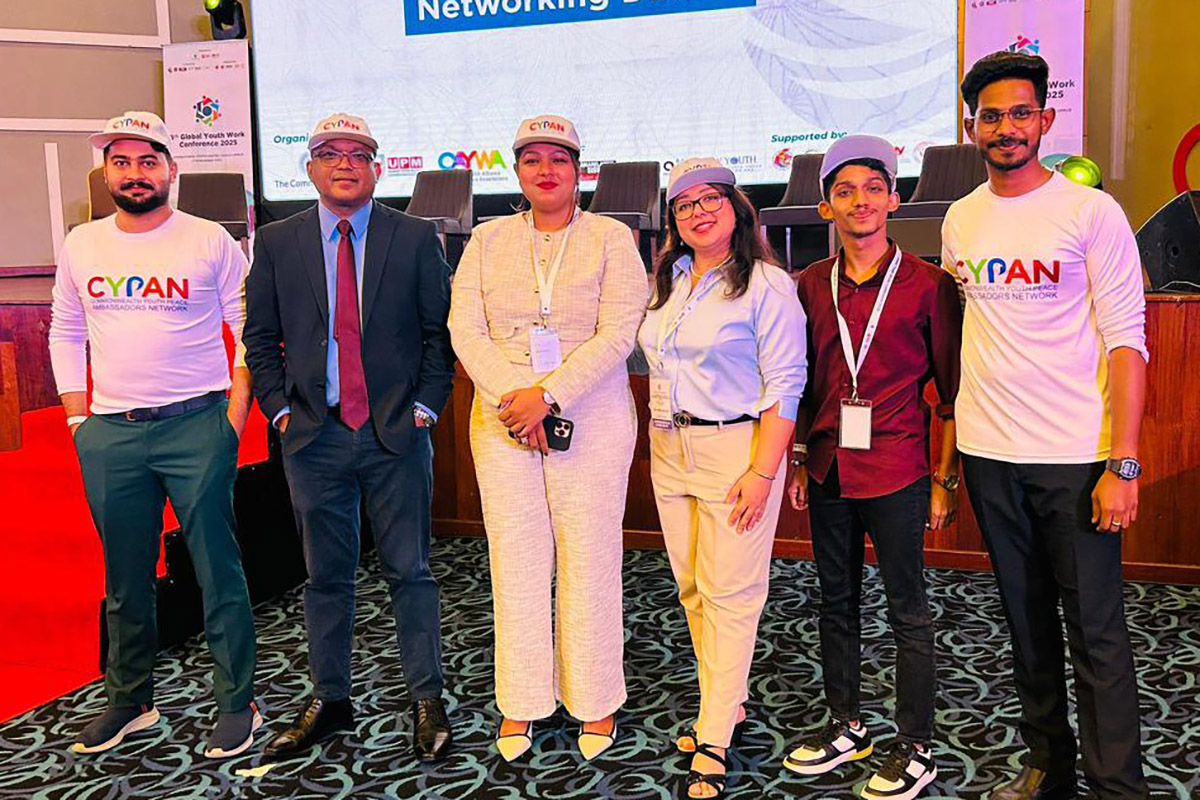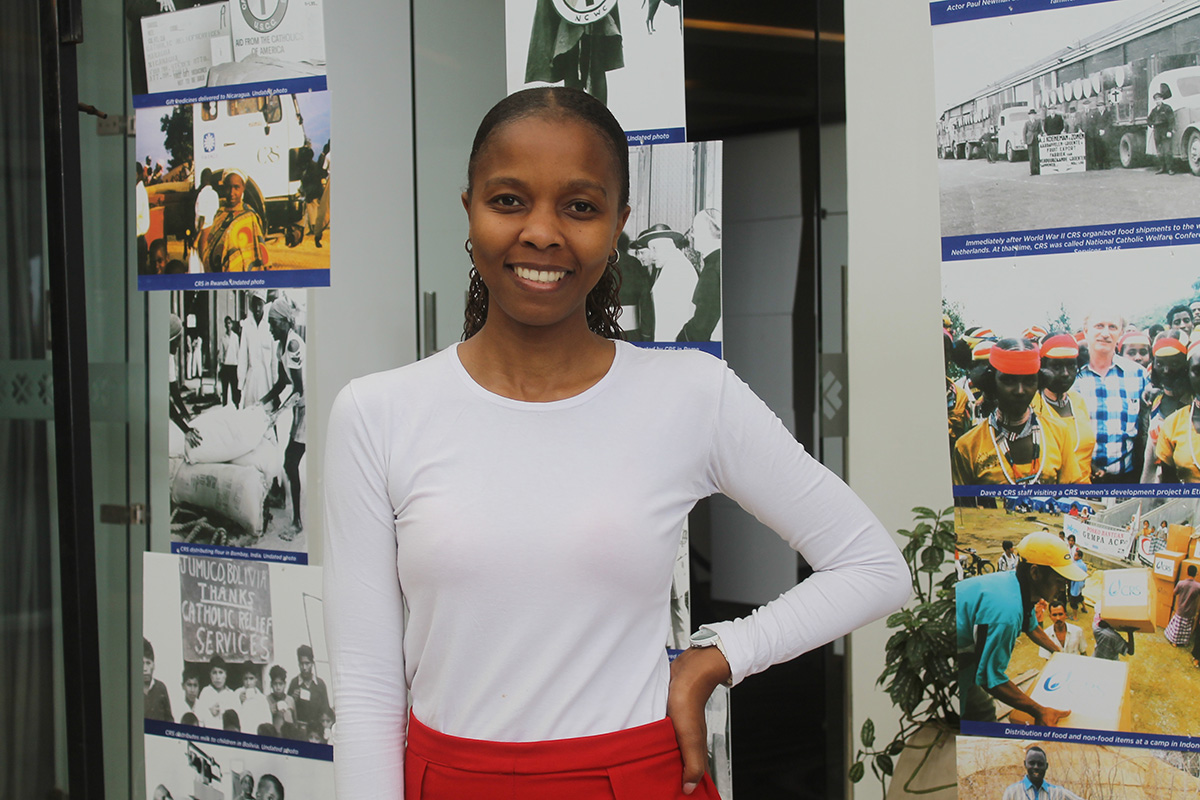“Understanding through observing nature”
December 9 Nature has benefited humans in myriad ways, writes Faisal Saleh Yaqub, 25, a Commonwealth Correspondent from Lahore in Pakistan, and can serve as a model for solving today’s problems.
Nature has benefited humans in myriad ways, writes Faisal Saleh Yaqub, 25, a Commonwealth Correspondent from Lahore in Pakistan, and can serve as a model for solving today’s problems.
The invention of the airplane was inspired by nature. The Wright brothers were able to solve the problems in its design by keenly observing flying birds. Similarly, the discovery of penicillin by Sir Alexander Fleming can be owed to nature. Humans have progressed by harnessing the forces of nature such as wind, light, and water. However, despite all progress made by man, much needs to be learned from nature.
Presently, our world is confronted with problems such as inequality, poverty, hunger, food insecurity, illiteracy, terrorism, global warming, climate change and pollution. The solutions to our problems lie in the understanding of nature. As Albert Einstein said, “Look deep into nature, and then you will understand everything better.”
Firstly, nature teaches us about equality. It provides sustenance for everyone. All are equal in its eyes. There is no discrimination on the basis of caste, creed, class, colour, religion or gender. For example, everyone benefits from sunlight. Water quenches our thirst. Plants and trees provide us oxygen, shade, fruits and vegetables. Nature provides the environment that is conducive to the growth of all living beings.
Conversely, our society is plagued with social inequality and discrimination. It is estimated that one third of the total food produced in the world gets wasted every year. This wasted food could be stored and distributed among those who die of hunger. Thus, we can solve our socio-economic problems by the equitable distribution of resources, thereby providing equal growth opportunities to the rich and the poor.
Secondly, nature teaches us about cooperation and teamwork. Bees collect nectar from thousands of flowers to make honey. It is their teamwork that makes such an arduous task possible. Likewise, humans must come together to solve their problems. If we decide to make a collective effort to rid our society of social inequality, poverty, illiteracy, terrorism and pollution, there is no force that could stop us. The rich can help the poor. The educated can help the uneducated. The result will be that together, we can make this world a better place.
Thirdly, nature teaches us patience. As Ralph Waldo Emerson said, “Nature never hurries: atom by atom, little by little, she achieves her work.” For instance, nature teaches a farmer to patiently wait for sunlight and rainfall for proper growth of his crops. Likewise, the unemployed must bear the burden of idleness with patience and enhance their skills to find a suitable job. Students must be taught to acquire knowledge with patience without the pressure of deadlines. Scientists must show patience while they repeatedly perform their experiments. Doctors ought to treat their patients with patience and care. Similarly, patients must show forbearance in their fight against illness. If we learn the skill of patience, we can displace hopelessness. Everyone will be satisfied and contented with life.
Finally, nature teaches us peace, harmony, and love. The sight of beautiful flowers, glittering stars, water calmly flowing in the river, birds flying in the sky and green grass always soothes me. A feeling of calmness and delight runs through my mind. All my suffering and pain fades away. I get eternal peace of mind.
I strongly believe that if we learn to live in peace and harmony, all our problems will be solved. There will be no violence and extremism in our society. We will no longer need nuclear and biological weapons for our defense. Money spent on building these weapons will then be spent on the welfare of the people.
For example, India and Pakistan share borders with each other, yet they consider themselves as bitter enemies. Both are continuously expanding their nuclear arsenal and military muscle at the cost of the well-being of their people. As a Pakistani, I am a strong proponent of peace and harmony between the two nations. I am eager to see the day when both the countries resolve their issues amicably. Interfaith dialogue and cultural exchange between people from these countries can reduce religious extremism and intolerance in their respective societies.
Indeed, nature has the power to heal the wounds of humanity.
Photo credit: Lima Québec Papillon : Argynnis paphia via photopin (license)
…………………………………………………………………………………………………………………
About me: My name is Faisal Saleh Yaqub, and I am from Lahore. I am an engineering graduate from GIK Institute of Engineering Sciences and Technology, KPK, Pakistan.
My hobbies include reading, writing, gaming and travelling. I usually write on topics related to social issues and youth. I believe that youth can change the future of any nation. I always strive to highlight the importance of youth as a game changer of today.
…………………………………………………………………………………………………………………
Opinions expressed in this article are those of the author and do not necessarily represent the views of the Commonwealth Youth Programme. Articles are published in a spirit of dialogue, respect and understanding. If you disagree, why not submit a response?
To learn more about becoming a Commonwealth Correspondent please visit: http://www.yourcommonwealth.org/submit-articles/commonwealthcorrespondents/
…………………………………………………………………………………………………………………






